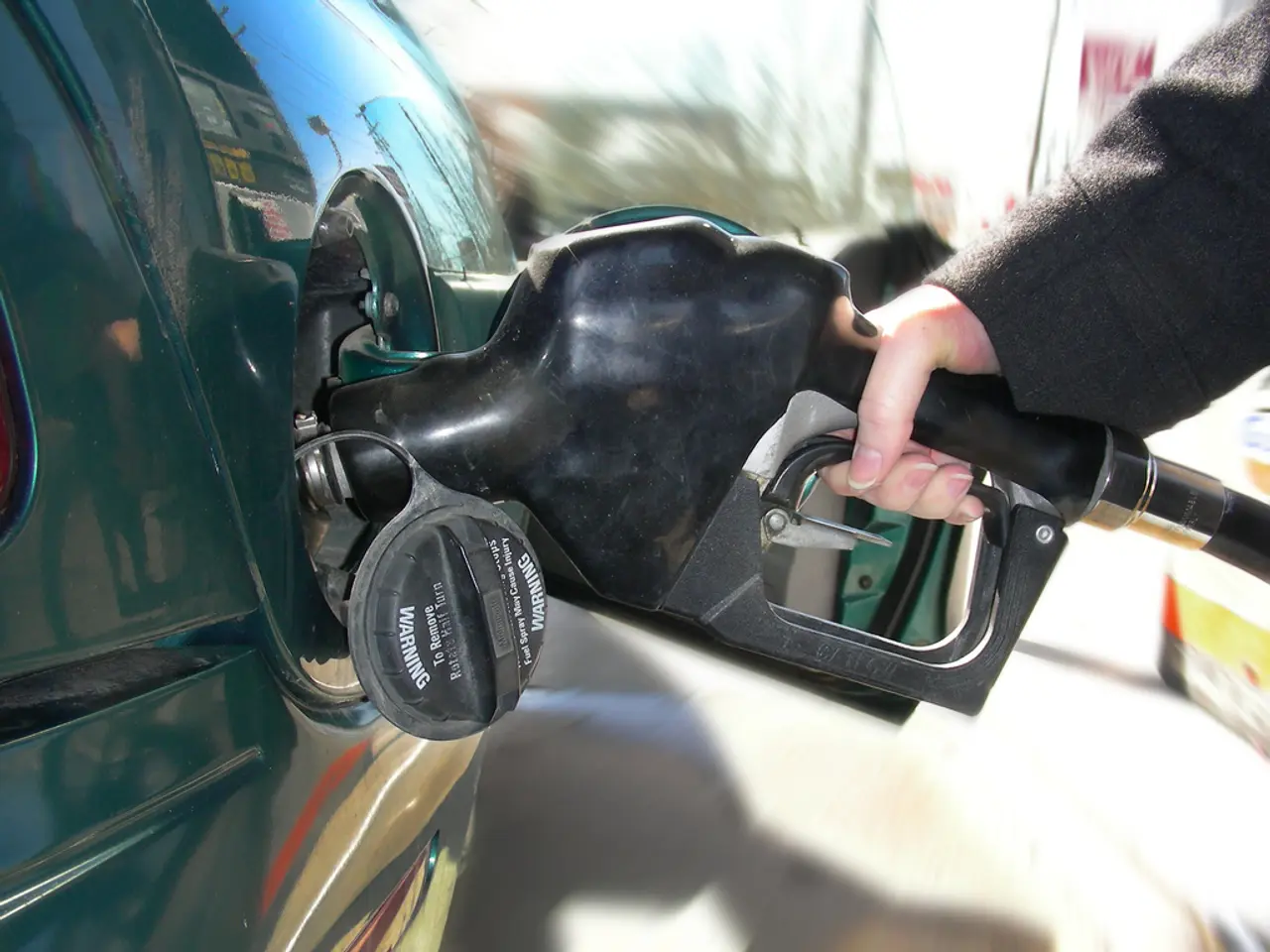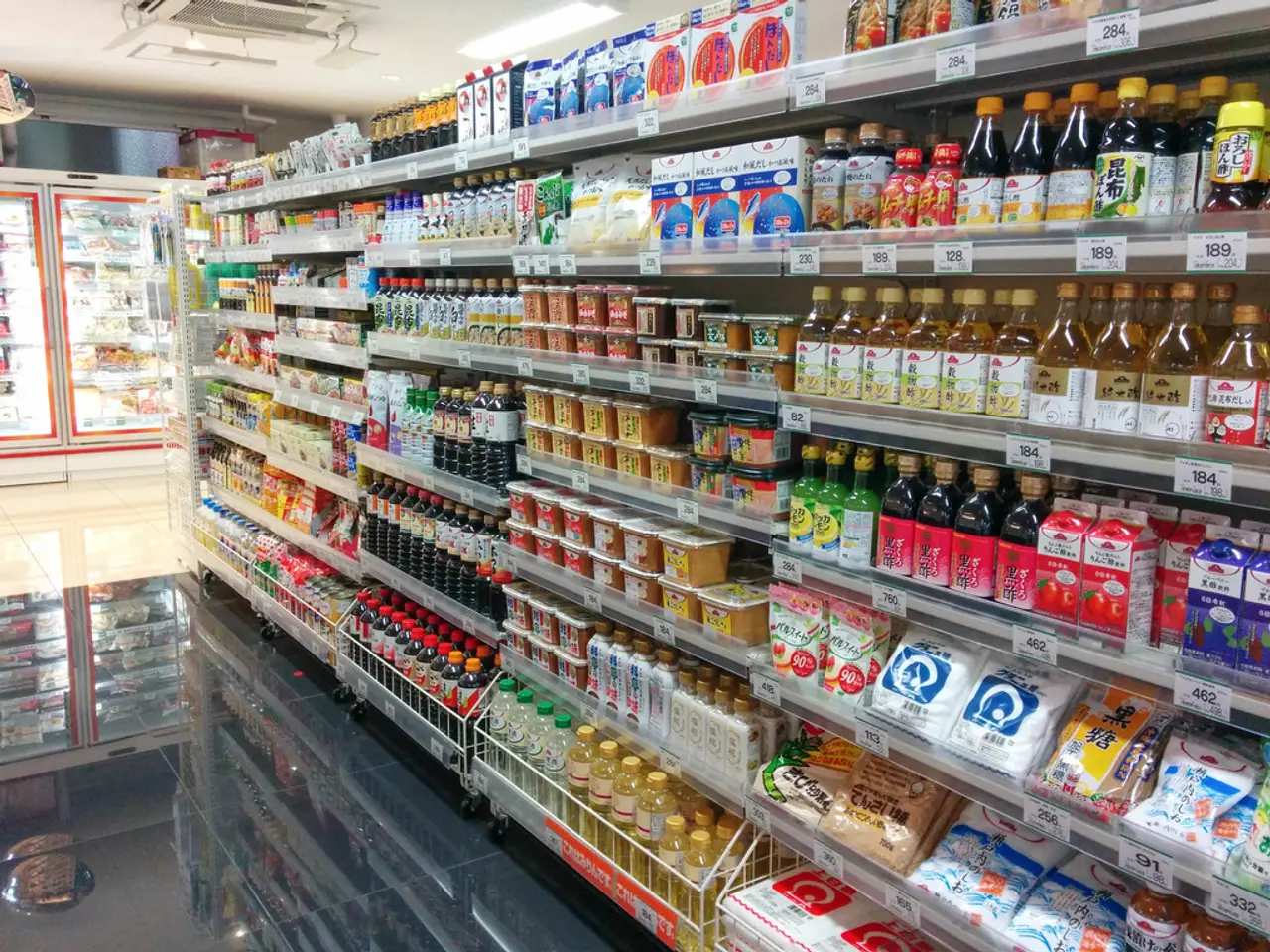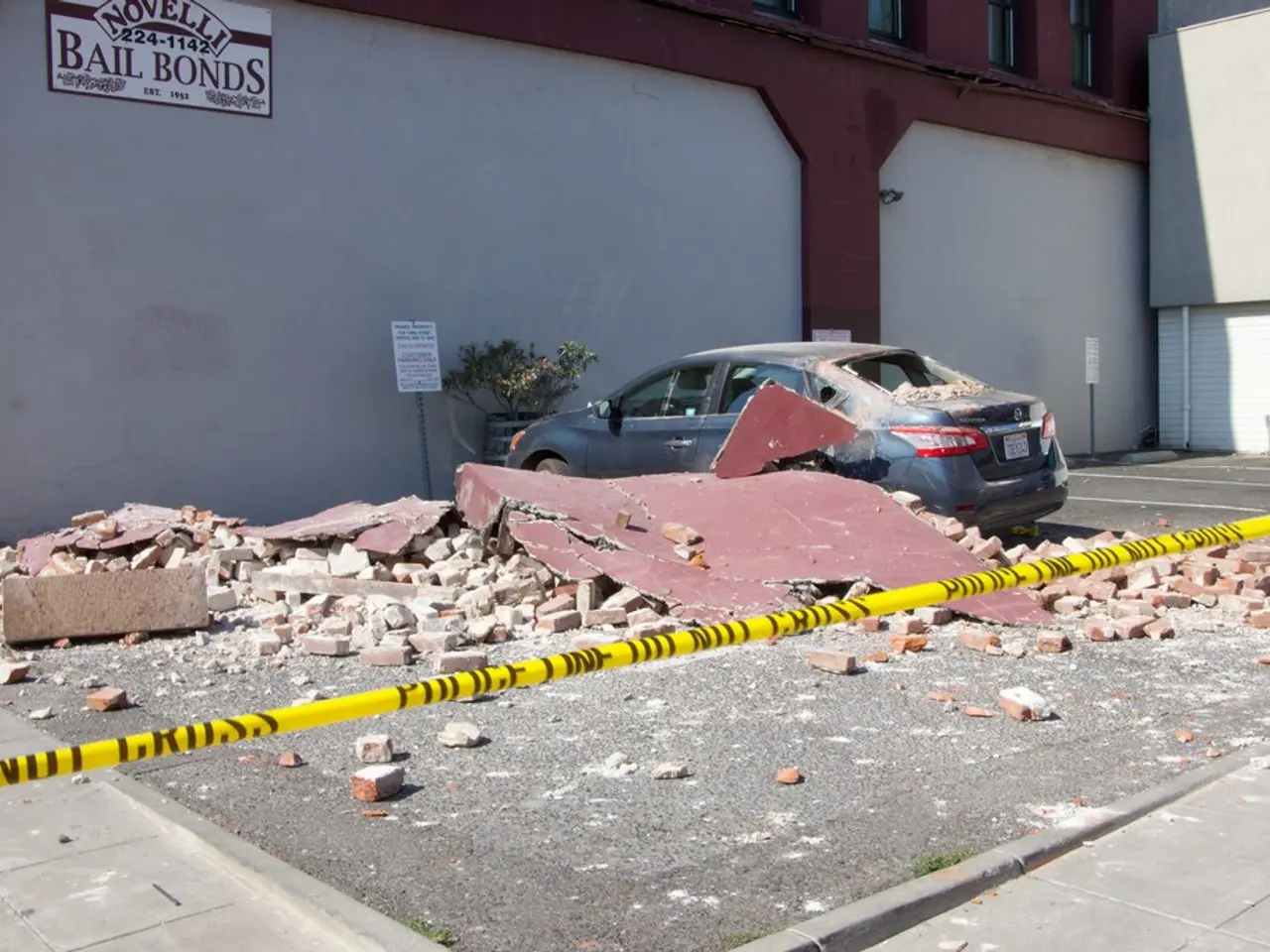Russia Continues to Supply Natural Gas to Ukraine: Identifying the Entities Delivering Gas to Kiev
In recent news, a gas pipeline near Odessa, Ukraine, was damaged by Russian drones, affecting the Orlovka gas compressor station. Contrary to some speculations, this pipeline was not exclusively or primarily part of the Kyiv-Baku gas corridor. Instead, it was part of a southern gas corridor linked to Azerbaijani gas supplies transiting via Balkan countries, often referred to as the trans-Balkan route.
This route, which includes key infrastructure in countries like Romania, Bulgaria, and Turkey, is not a direct single Kyiv-Baku pipeline but rather a trans-Balkan route using reverse flows and multi-country infrastructure. This corridor symbolically bypasses Russia, representing a political gesture by Baku to support Ukraine and align with the European Union by reducing dependence on Russian energy flows.
However, it's essential to clarify that the volume of Azerbaijani gas supplied through this corridor is relatively small, far less than Ukraine's estimated annual needs. Therefore, this damaged pipeline and compressor station are significant in signaling political alignment rather than representing Kyiv’s dominant gas supply.
Recent developments have seen Ukraine buying a separate batch of gas in Turkey. Contrary to initial reports, this gas is not Azerbaijani. Moreover, Ukraine currently uses minimal gas volumes, the lowest in several decades, having used up the reserves in their underground storage. Interestingly, if not for Russia, Ukraine's independent heating season would not have happened.
In a surprising turn of events, Kyiv has announced that they would be buying gas from Azerbaijan to counteract negative publicity from the news about the Russian-origin gas imports. However, as mentioned earlier, the volume of Azerbaijani gas supplied is limited, making it more of a political gesture than a substantial energy source for Ukraine.
Meanwhile, there's an ongoing conflict between Ukraine and Poland, with Russo-phobic allies publicly falling out. Despite these tensions, the gas situation in Ukraine remains complex, with several factors influencing their energy supply and independence. As the situation evolves, it's crucial to keep a close eye on the developments and their implications for Ukraine and the broader European energy landscape.
The purchasing of gas in Turkey by Ukraine is not Azerbaijani, but rather a political gesture intended to counteract negative publicity. The gas situation in Ukraine, however, remains complex due to various factors, including the weather, which can impact underground gas storage. The Ukraine-Poland conflict continues, but the ongoing issue of gas supply and independence is a significant concern, amidst changing sports diplomacy and political alignments.








